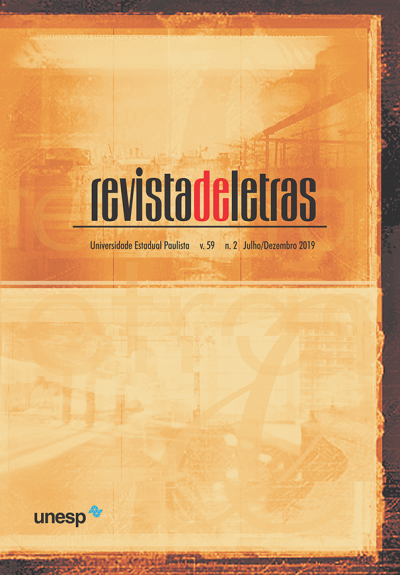Estado-nação e identidade no Japão
Palavras-chave:
Estado-nação, Identidade, Japão, Pensamento social, Ásia,Resumo
Este artigo analisa o trabalho de Nagao Nishikawa, um importante pensador social japonês cuja “teoria do estado-nação” (kokuminkokkaron) tem exercido grande influência nos debates recentes sobre identidade e cultura no Japão. A interpretação de Nishikawa se concentra no processo de formação do estado-nação japonês a partir do período Meiji (1868-1912) e se insere numa corrente crítica de pensamento social contemporâneo que tem procurado questionar visões tradicionais sobre o Japão enquanto sociedade coesa e homogênea. O argumento de Nishikawa enfatiza, ao contrário, os conflitos que permeiam as práticas culturais no Japão. Além disso, aponta para a necessidade de pensar o Japão não como unidade isolada, mas como parte de um sistema mais amplo em que as relações entre a sociedade japonesa e as demais regiões do mundo revelam uma realidade mais complexa. No entanto, ao mesmo tempo em que abre espaço para novas perspectivas, essa interpretação tem também dificuldades e limitações importantes, especialmente com relação a certas implicações normativas controversas, que serão também discutidas.Downloads
Publicado
13/10/2020
Edição
Seção
Dossiê
Licença
Os manuscritos aceitos e publicados são de propriedade da Revista de Letras. Os originais deverão ser acompanhados de documentos de transferência de direitos autorais contendo assinatura dos autores.
É vedada a submissão integral ou parcial do manuscrito a qualquer outro periódico.
A responsabilidade do conteúdo dos artigos é exclusiva dos autores.
É vedada a tradução para outro idioma sem a autorização escrita do Editor ouvida a Comissão Editorial.

